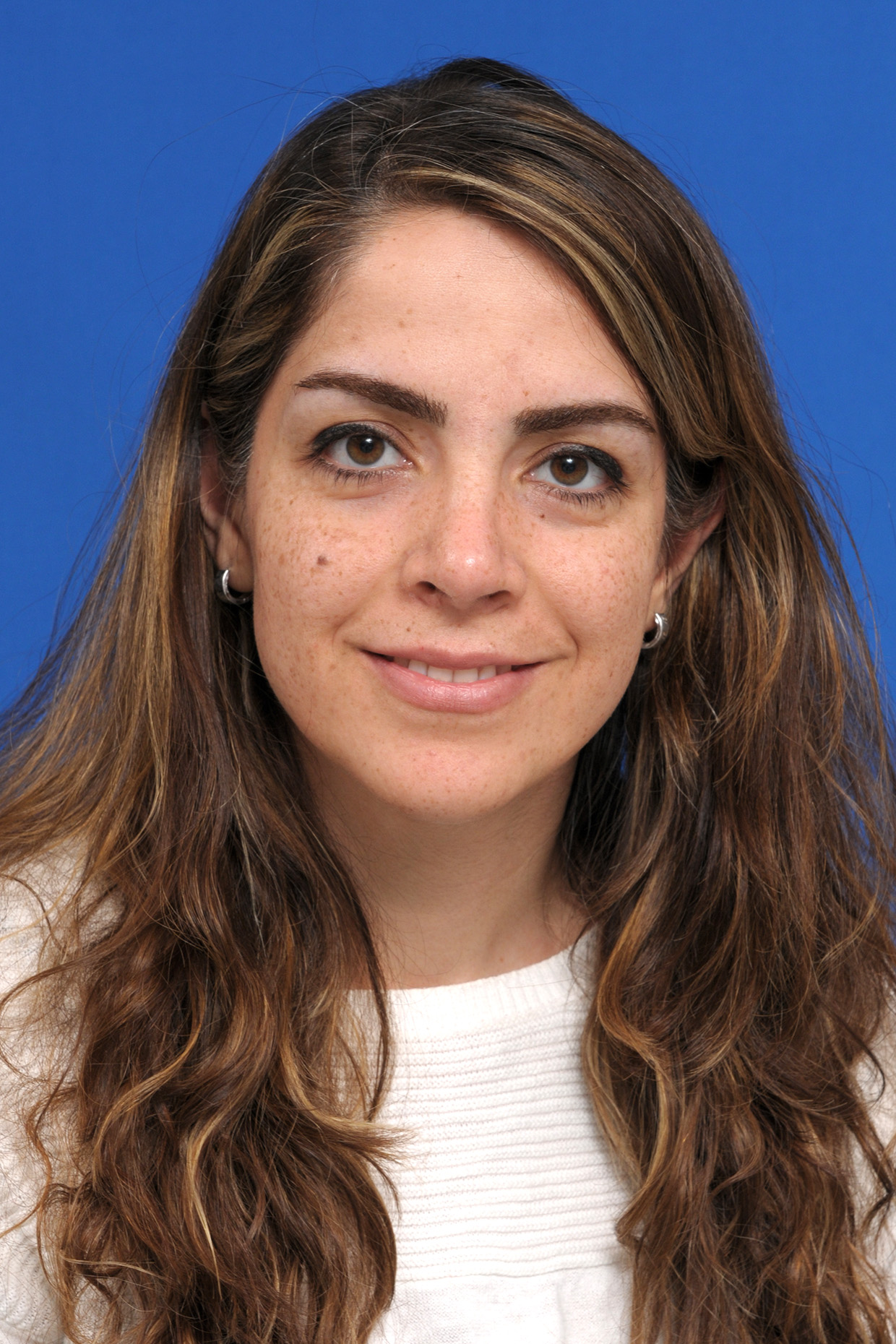Seif, Maryam, PD Dr.
|
|
University of Zurich Spinal Cord Injury Center, Research Balgrist University Hospital Forchstrasse 340, 8008 Zurich Tel. +41 44 510 72 14 Email: maryam.seif[at]balgrist.ch |
Dr. Maryam Seif is a research group leader at the Spinal Cord Injury Center, Balgrist University Hospital. She is also affiliated to the Max Planck Institute - Leipzig in Germany as a research associate, collaborating with Prof. Nikolaus Weiskopf, MPI director, who is a pioneer in advanced neuroimaging techniques using ultra-high field (UHF) MRI. Dr. Seif supervises her PhD and master students on a daily basis conducting different research projects in SCI. Her research projects mainly focus on developing and applying neuroimaging biomarkers in human CNS following spinal cord injury (SCI) to better understand the SCI-induced neurodegeneration and ultimately to predict personalized individual recovery in spinal cord injury. She uses novel quantitative magnetic resonance imaging (qMRI) by means of ultra-high filed (UHF) MRI scanner (7Tesla) in the brain and spinal cord to achieve grand truth high resolution maps which can serve as in-vivo histology. qMRI technique is expected to provide sensitive biomarkers of (micro-) structural changes in the CNS due to trauma or neurodegeneration. In parallel, Dr. Seif is involved in a number of ongoing, exciting international collaborations and research clinical trials such as NISCI and TASCI in which the qMRI is applied as a secondary outcome measure to track and assess intervention in the brain and spinal cord.
Funding: Dr. Seif has received a number of research grants as main and co-PI such as Wings for Life research grant in 2020, which aims at developing perfusion sensitive quantitative MRI methods in the cervical cord of traumatic and non-traumatic SCI on 3T and UHF 7T MRI scanners. Dr. Seif has received the Balgrist-Stiftung grant on perfusion assessment of patient with degenerative cervical myelopathy (DCM) in 2021. Additionally, she has received the IRP grant (International foundation for research in paraplegia) in 2022 on developing ultra-high-resolution quantitative MRI techniques (hMRI) in cervical spinal cord using 7T MRI scanner to reveal SCI fingerprint of neurodegeneration.
